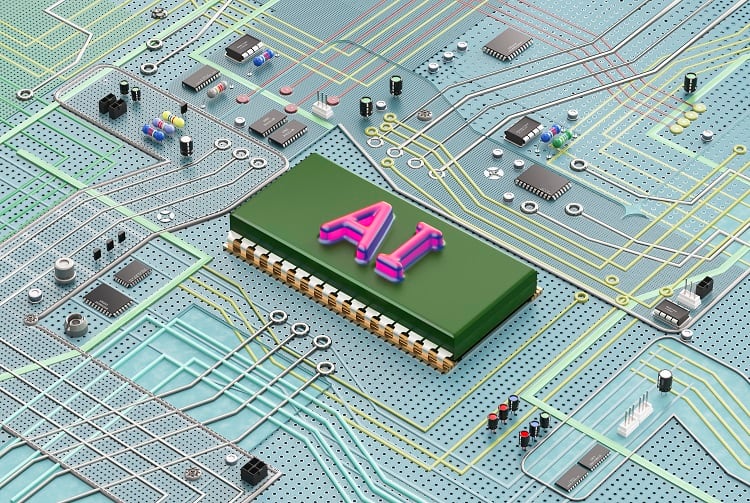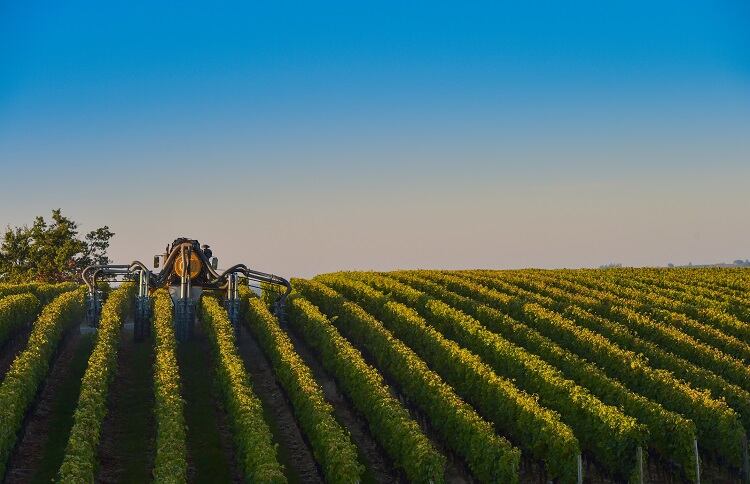In 2024, better solutions throughout the supply chain to support sustainability targets and economic needs will be a crucial focus for brands, prompting evolving developments in artificial intelligence (AI) and digital tracing.
“There is an increasing global demand and urgent need for healthy, resilient and sustainable food systems,” Lorena Savani, Mission Lead of Healthier Lives Through Food at EIT Food, told FoodNavigator.
Protecting the planet and pricing
With changing consumer trends observed over the past few years, the importance of sustainably sourced food and cost management prevail.
Approximately 931 million tonnes of food was wasted in 2019, the Food Waste Index Report 2021 from the United Nations Environment Programme (UNEP) and partner organisation WRAP found. Today, consumers are increasingly aware of food sources and their environmental impact.
As the 2030 Sustainable Development Goals (SDGs) are edging ever closer, the industry needs to explore and find ways to meet its SDG 12.3 goal to halve food waste. “The impact on the planet is the primary focus here. However, this translates to lost revenue for restaurants, which often manifests itself in increased prices for consumers,” Alex Kiely, General Manager of the UK at Choco, told FoodNavigator.
In the UK, the cost of avoidable food waste per cover in a restaurant is around 95p. “This may not seem significant, but when you consider a restaurant with 500 covers a week–this translates to just under £25,000 over a year,” added Kiely.
Price management, both for consumers and manufacturers, is a considerable factor present in the food industry. “It is vital to ensure that food prices don’t skyrocket”, Kiely said. With rising inflation levels an ongoing hurdle over the past two years, manufacturers and consumers are ever-conscious of high food costs.
“This means everyone in the supply chain, from wholesalers to restaurants, needs to find effective ways to trim costs,” said Kiely. “Keeping prices reasonable is essential to keep customers satisfied and loyal,” Kiely added.
AI for efficiency and economics
The emergence of AI-based tech solutions to solve issues relating to emissions and productivity has been seen across nearly every sector of the economy. “By limiting the opportunities for inefficiency all along the supply chain, the potential for increasing output, lowering costs and becoming smarter starting with producers and ending with consumers is immense,” said Kiely.
In the supply chain specifically, developments in AI can automate supplier order entry, streamlining the process and offering the opportunity to eliminate food waste. “Its direct impact on the planet is huge, and by working at addressing each key weakness within the supply chain, we can all contribute to a smarter and more sustainable food system,” added Kiely.
Choco has recently launched an AI solution that allows suppliers to take 100 times more orders per hour, Kiely relayed. It does this by replacing answering machines and email orders and automatically inputting all orders into a supplier’s existing merchandise management system in real-time. “This technology addresses the two main issues associated with suppliers–staff shortages and food waste, allowing suppliers to grow from strength to strength without the need for additional staff,” added Kiely.
“The adoption of AI-based solutions will really take off across the food industry,” predicts Kiely. Many household names use AI innovations to take customer orders and reservations. Elsewhere, the technology unlocks the ability to understand consumer trends better and provide customers with better quality products with a dose of creativity that has previously been difficult to achieve.
Transparent supply chains
“Digital traceability and smart packaging will play a crucial role in enhancing consumer awareness and transparency in the food industry,” said Savani. QR codes on packaging allow consumers to access additional product information, empowering individuals to make more informed and sustainable food choices. The adoption of digital traceability on a broader scale has the potential to strengthen consumer trust in the food system.
A survey across 18 European countries, released by the EIT Food Consumer Observatory at the 2023 Future of Food Conference in Brussels, revealed substantial public support for universal labelling suggesting the environmental impact of food products. Over two-thirds of the 10,000 surveyed consumers expressed willingness to use a universal eco-label to inform their choices toward more sustainable options.
“While there are currently no internationally agreed standards for environmental sustainability labelling and no agreement on what sustainable production should measure, authorities are discussing the development of a common eco-label that would inform consumers about the impact that food products have on the climate and society,” said Savani.
The EIT Food project, TRAck the COD fish (TRACOD), is aimed at improving the ability of producers and consumers to track the freshness and nutritional values of fresh fish, including cod, salmon, and other white fish species.
EIT Food technology startup Biocode has built a carbon footprint calculator to help food brands, producers, and farmers manage, improve, and communicate the climate impacts of food production to consumers. The platform gives online life-cycle assessment (LCA) services, helping food companies track and improve their climate impacts and clearly communicate environmental values to customers.
Better food systems of tomorrow
A wide range of technologies are being developed in response to consumers’ demand for more information in food, including AI, the digital traceability of food ingredients, sustainable sourcing, and transparency and labelling of products.
“Consumers are essential in achieving the food transformation needed, and there is already a wide range of consumer-facing innovations seeking to solve key challenges as we transition to healthy, sustainable food systems,” added Savani.




